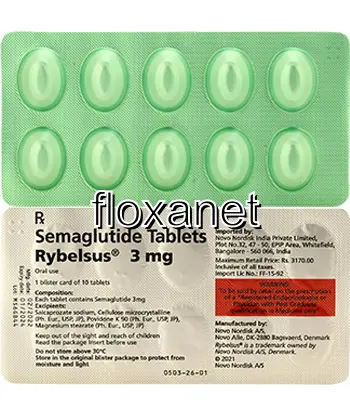| Package | Dosage | Price | Price per Dose | |
|---|---|---|---|---|
| Dosage: 3mg | ||||
| 90 tab | 3mg | £1,712.95 | £19.03 | |
| 60 tab | 3mg | £1,172.83 | £19.55 | |
| 30 tab | 3mg | £617.27 | £20.58 | |
| 20 tab | 3mg | £421.80 | £21.09 | |
| 10 tab | 3mg | £216.04 | £21.60 | |
| Dosage: 7mg | ||||
| 90 tab | 7mg | £1,990.72 | £22.12 | |
| 60 tab | 7mg | £1,358.01 | £22.63 | |
| 30 tab | 7mg | £709.86 | £23.66 | |
| 20 tab | 7mg | £483.53 | £24.18 | |
| 10 tab | 7mg | £246.90 | £24.69 | |
| Dosage: 14mg | ||||
| 90 tab | 14mg | £2,175.91 | £24.18 | |
| 60 tab | 14mg | £1,481.47 | £24.69 | |
| 30 tab | 14mg | £771.59 | £25.72 | |
| 20 tab | 14mg | £524.68 | £26.23 | |
| 10 tab | 14mg | £267.48 | £26.75 | |

Semaglutide Description
Introduction to Semaglutide
Semaglutide is a medication primarily used for managing type 2 diabetes and aiding in weight loss. It belongs to a class of drugs called GLP-1 receptor agonists, which mimic the action of a natural hormone involved in regulating blood sugar levels and appetite. Due to its effectiveness, many patients and healthcare providers consider it a significant advancement in diabetes care and obesity management.
How Semaglutide Works
This medication works by enhancing the body’s insulin response, reducing the amount of glucose produced by the liver, and slowing down gastric emptying. These actions help lower blood sugar levels and control hunger sensations. As a result, patients often see a reduction in their daily glucose levels and experience decreased appetite, leading to weight loss. The ability to impact both blood sugar and weight makes semaglutide unique compared to many other antidiabetic drugs.
Effectiveness and Benefits
Numerous clinical studies have demonstrated that semaglutide is highly effective. Patients taking semaglutide often observe significant improvements in blood glucose control. Additionally, many report substantial weight reduction over a few months of use, which is particularly beneficial for individuals struggling with obesity. Beyond glycemic control, semaglutide may also contribute to lower blood pressure and cholesterol levels, offering cardiovascular benefits.
Administration and Dosage
Semaglutide is typically administered via subcutaneous injections, usually once a week. It is available in pre-filled pen devices, making self-injection relatively straightforward. The dosage often starts low to minimize side effects and is gradually increased based on the patient's response and tolerance. Regular monitoring by a healthcare professional ensures proper management and adjustment of the dose when necessary.
Possible Side Effects and Precautions
Like all medications, semaglutide may cause side effects. Common issues include nausea, vomiting, diarrhea, and constipation. These gastrointestinal symptoms tend to diminish over time as the body adjusts. Some patients might experience decreased appetite, which is often desirable but can lead to nutritional deficiencies if not monitored. Rare but serious side effects include pancreatitis, kidney problems, or allergic reactions. Patients with a history of thyroid tumors should use this medication cautiously, as animal studies have shown potential risks. It is essential to follow medical advice strictly and report any adverse effects promptly.
Considerations and Conclusion
While semaglutide offers promising results, it is not suitable for everyone. Individuals should discuss their complete medical history with a healthcare professional before starting treatment. Proper diet, exercise, and regular blood sugar monitoring remain critical components of a comprehensive diabetes or weight management plan. Overall, semaglutide is considered a valuable addition to treatment options, especially for patients needing significant glycemic improvements and weight loss support. Its ease of use and proven efficacy make it a popular choice among those seeking better health outcomes.
